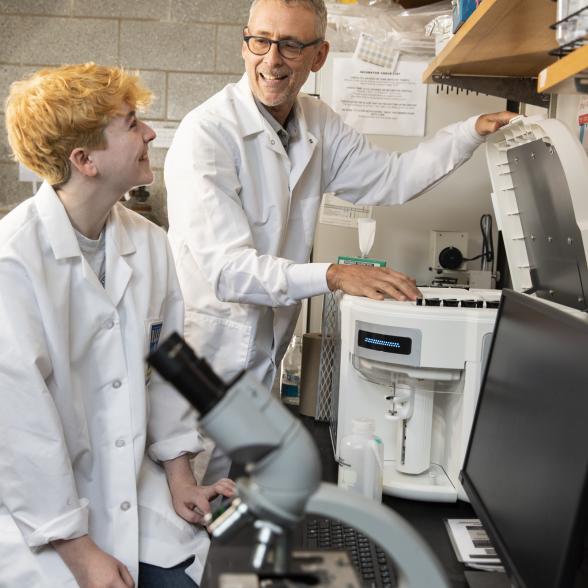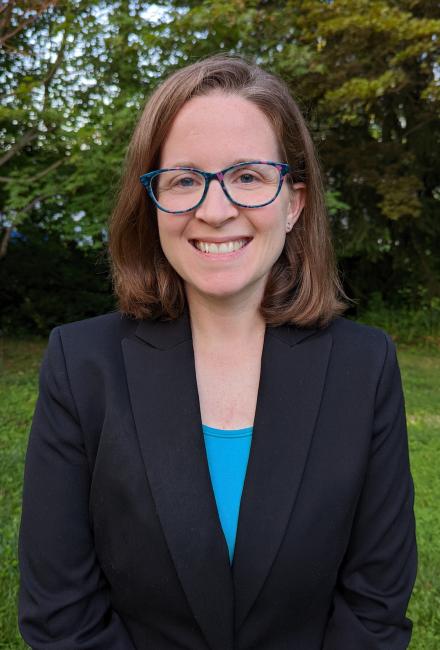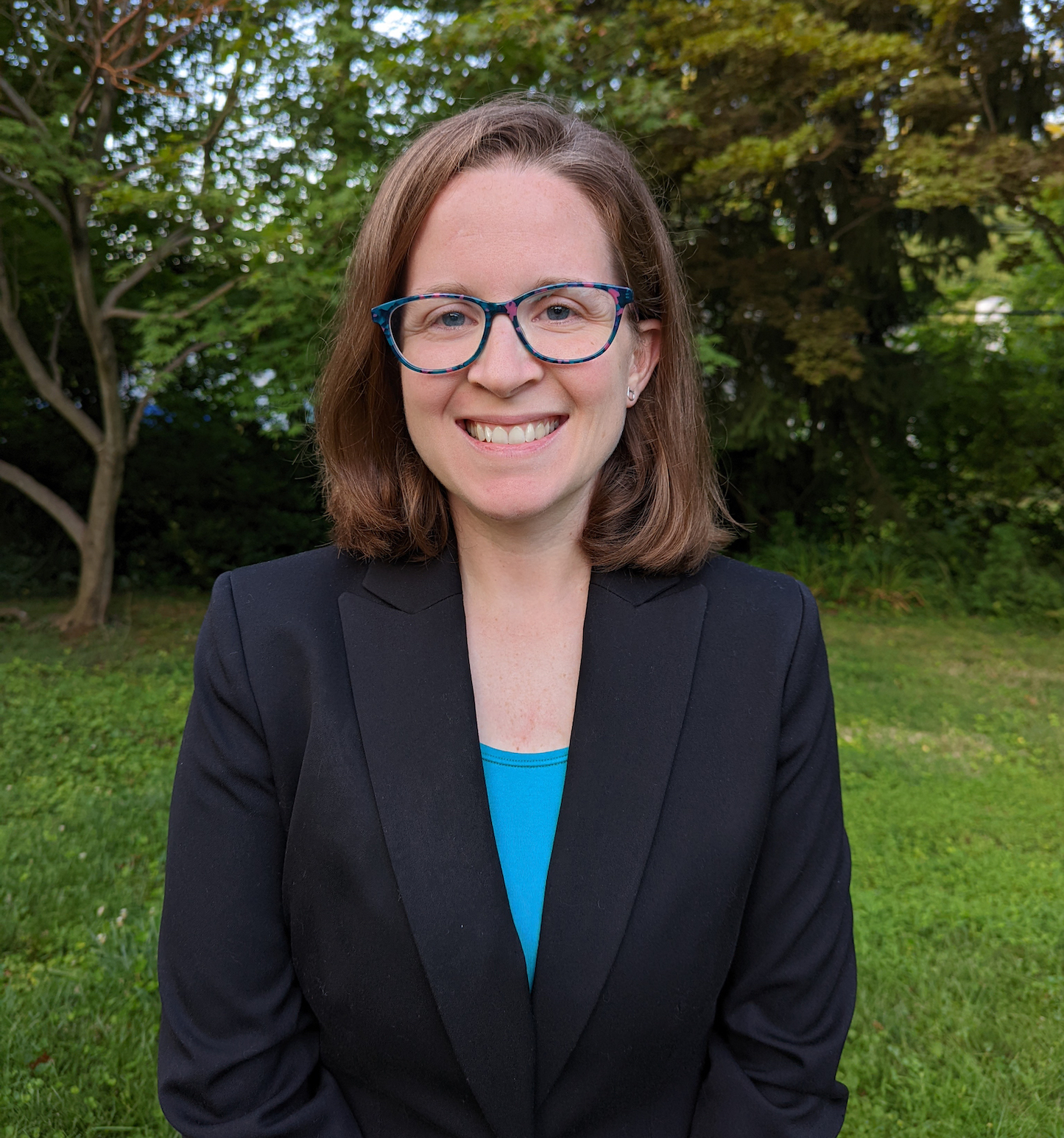Program requirements
Rider’s B.A. and B.S. biology degree options cover coursework in biology, chemistry, physics and mathematics which are designed to provide knowledge and the development of technical and analytical skills needed to pursue a life of learning and practicing science.
The B.S. program consists of 62-63 credits in the major. The B.A. program consists of 52 credits in the major and is designed for students who may desire a biology degree, but do not have a full eight semesters to commit to the program. Such students may be those enrolled in the College of Education and Human Services, transfer students or students choosing a second major.







